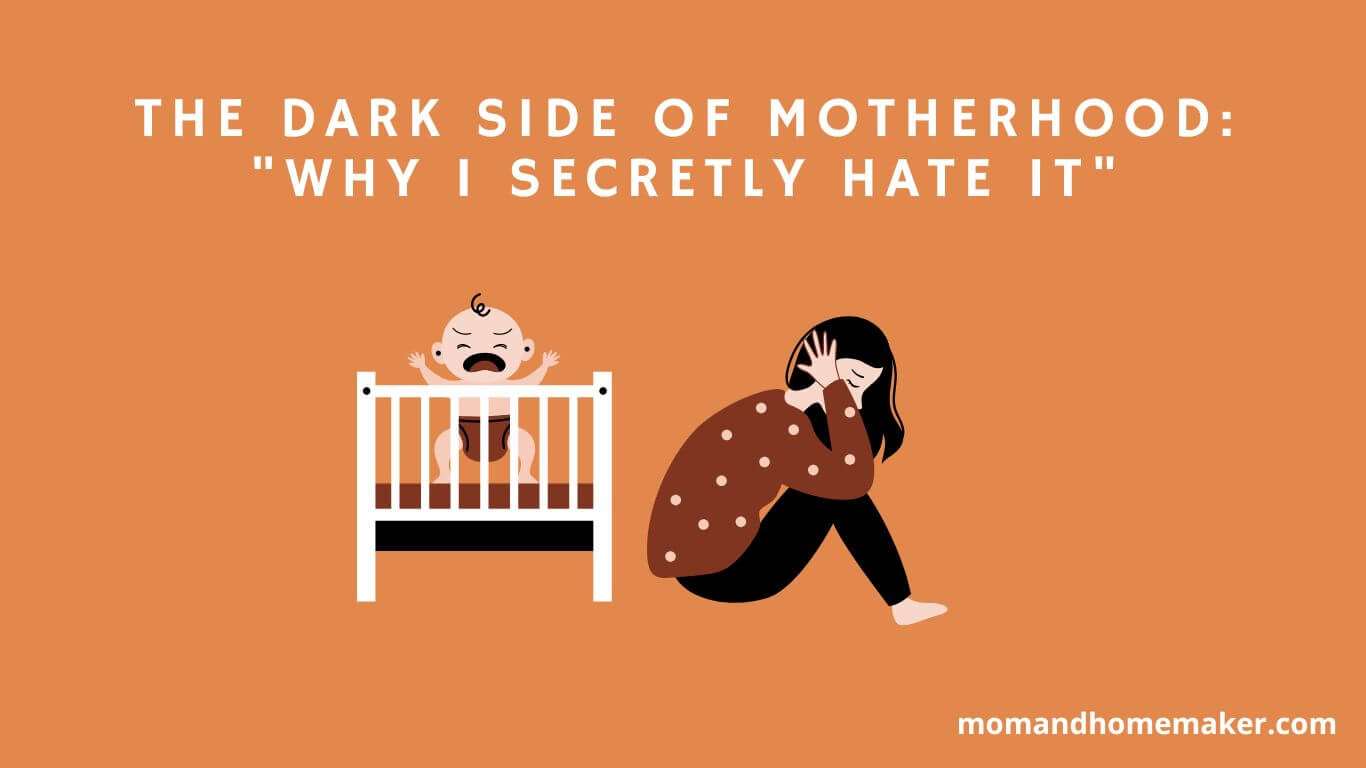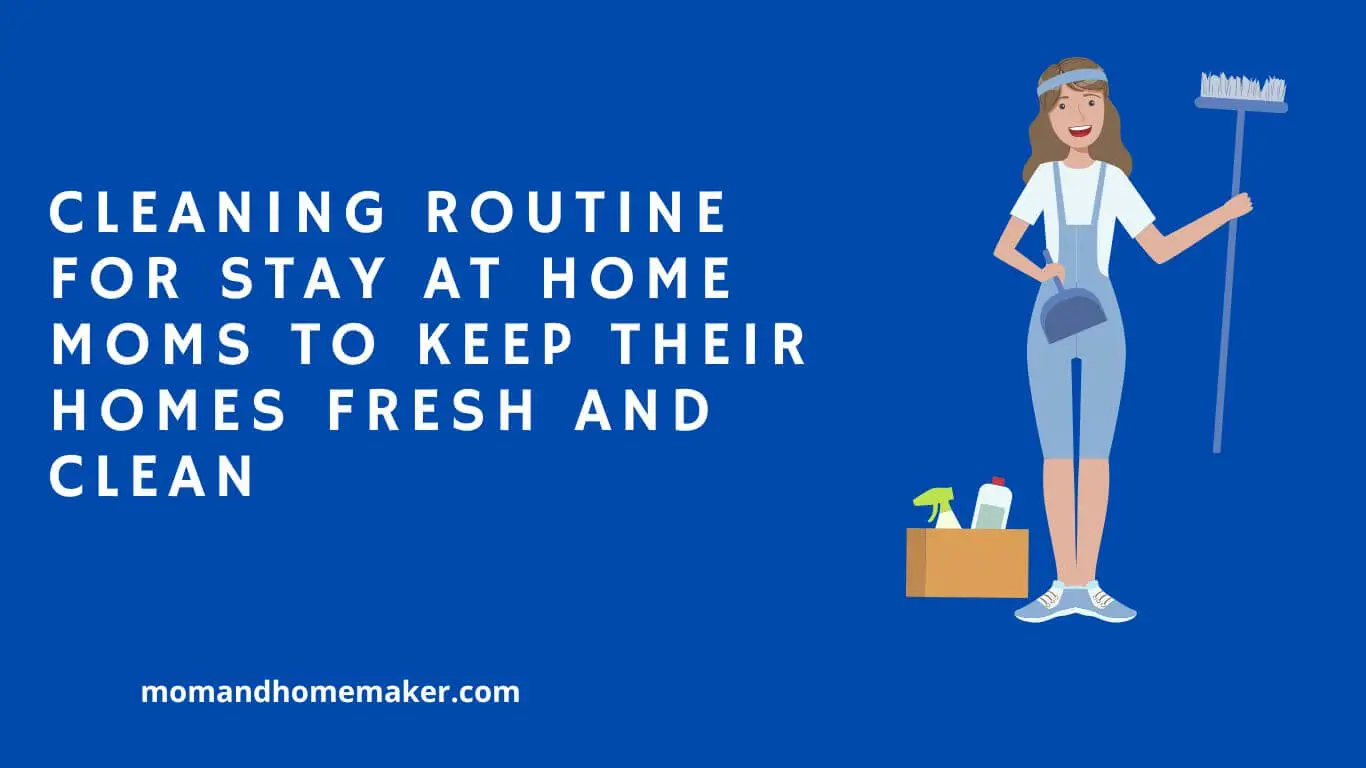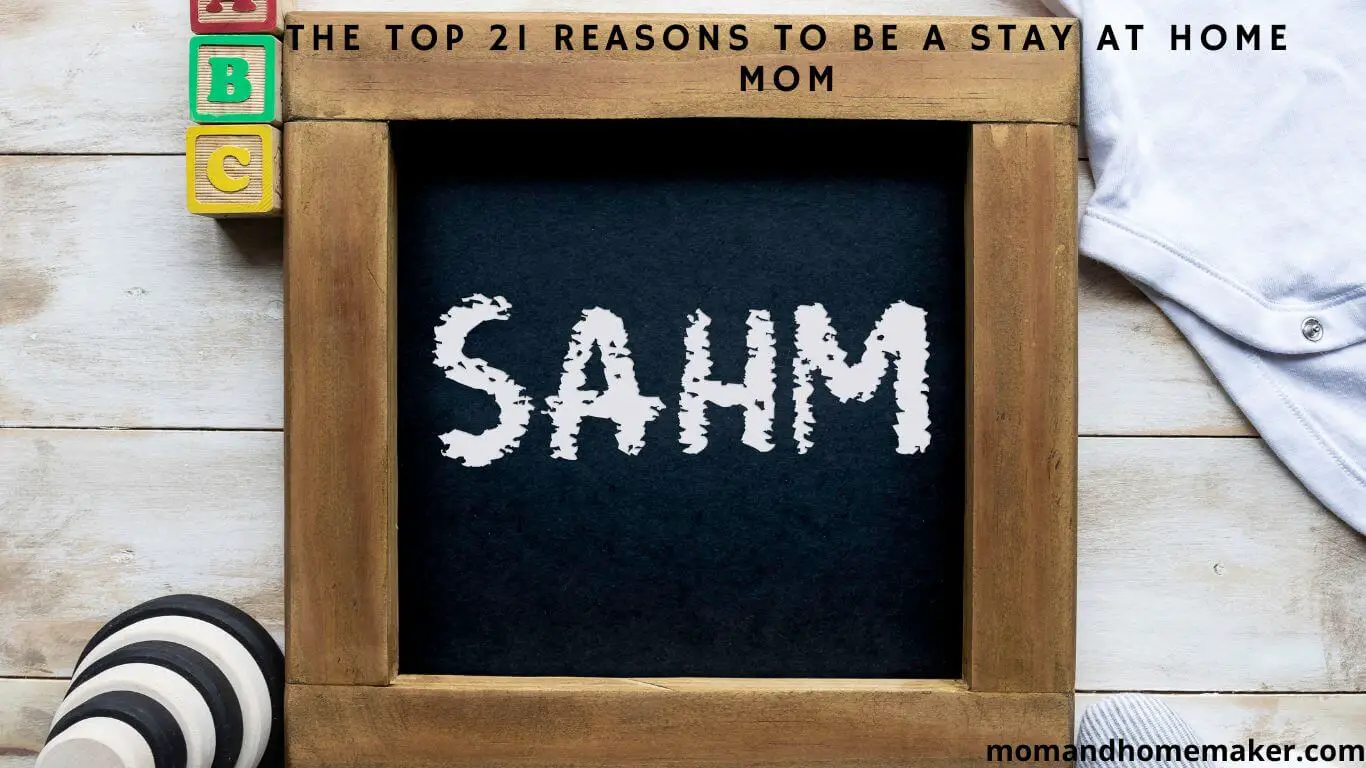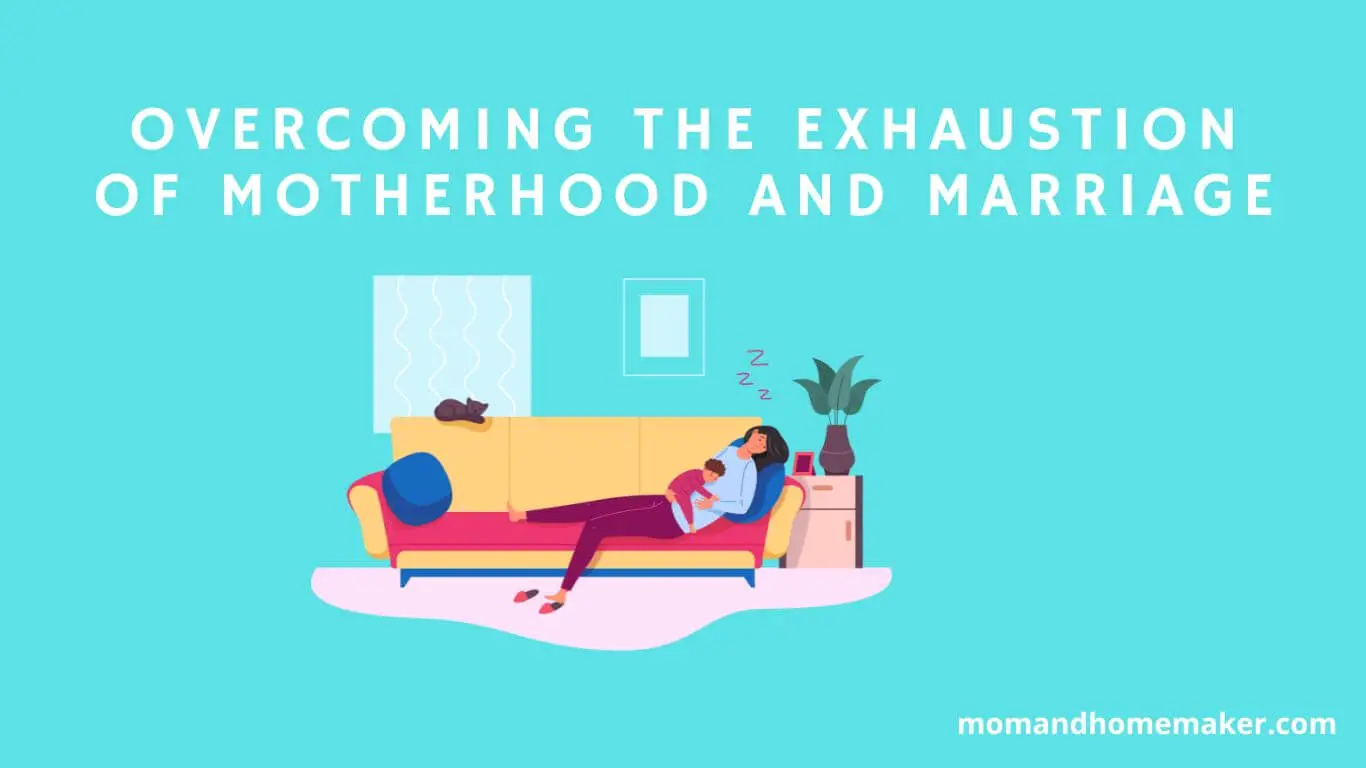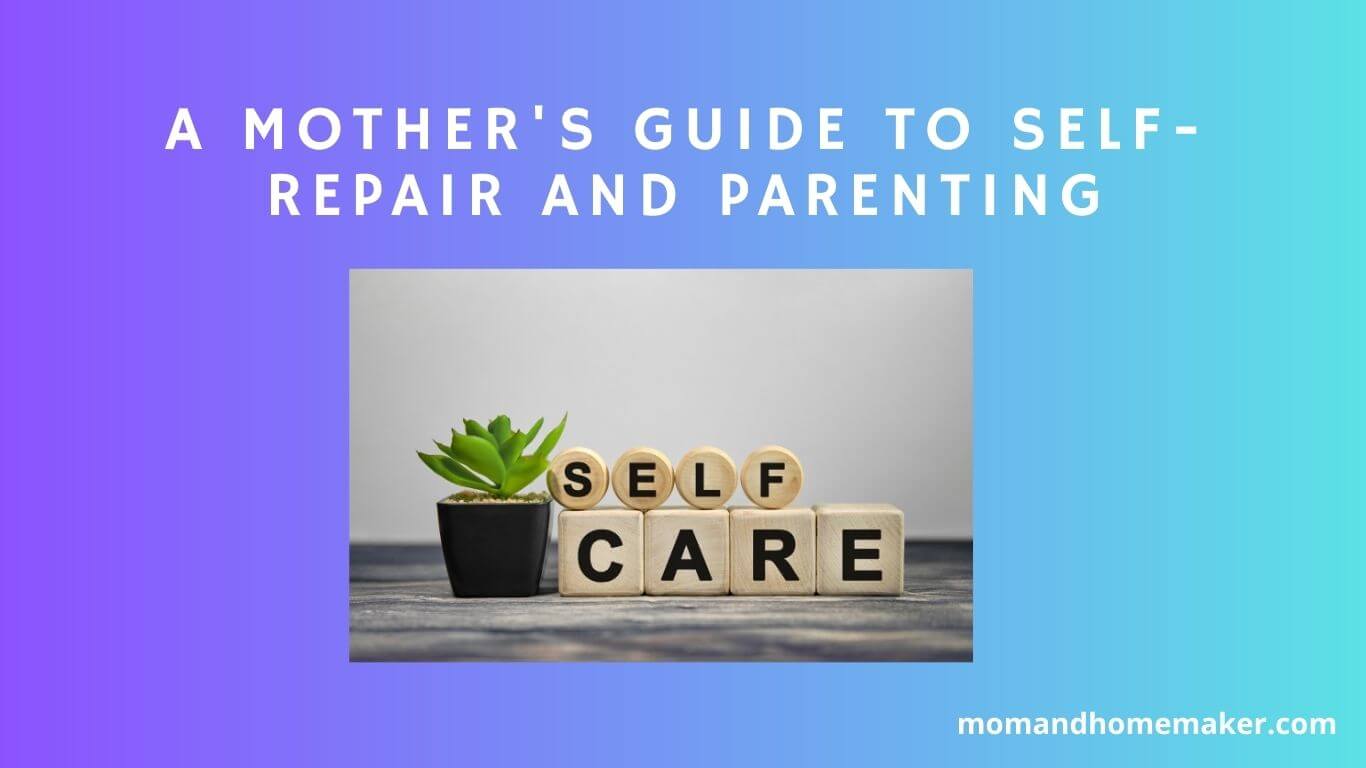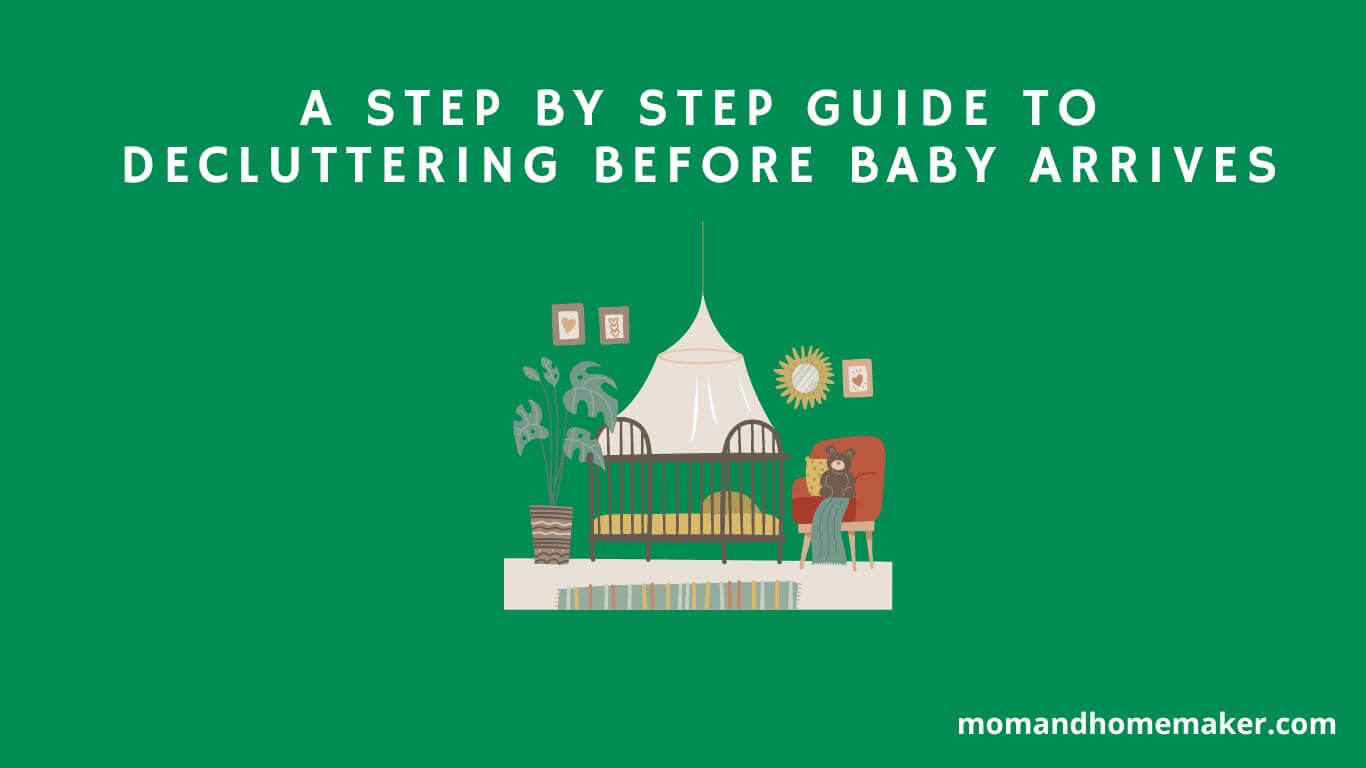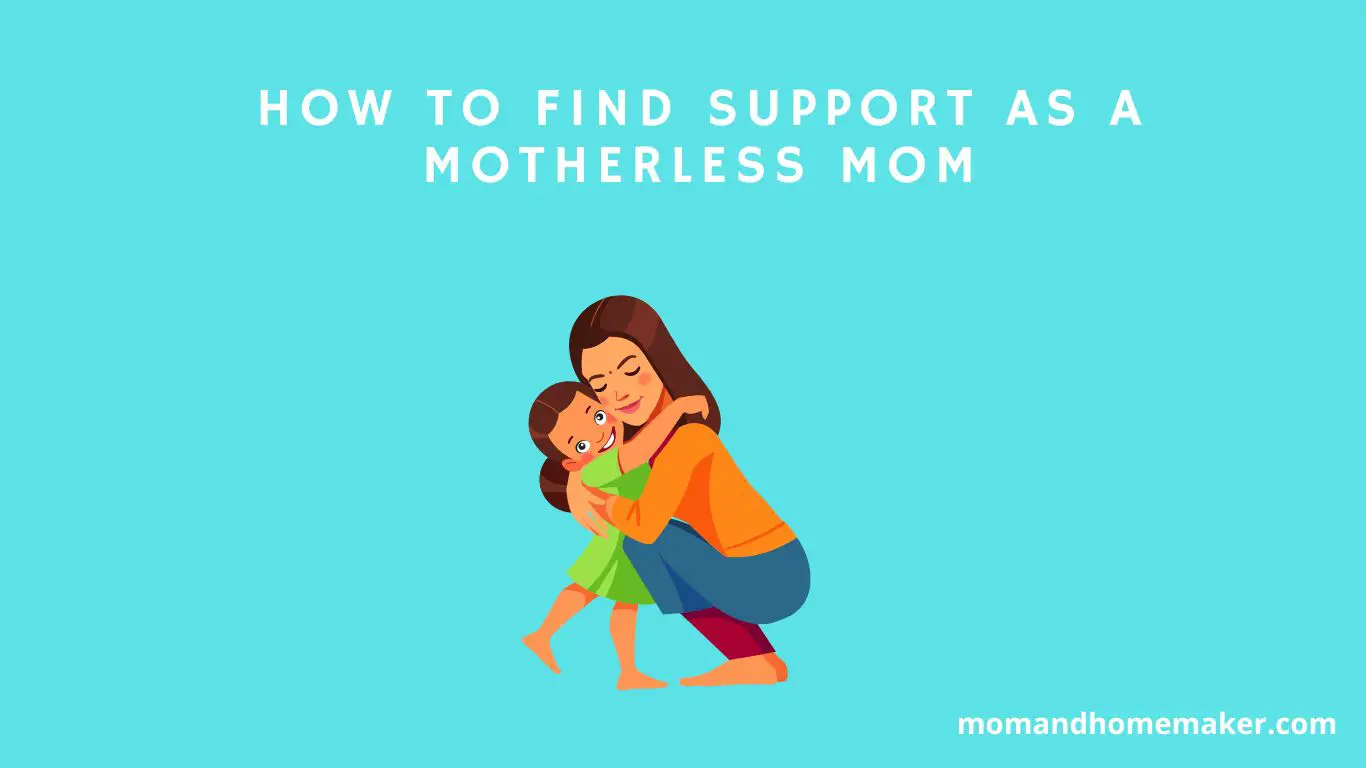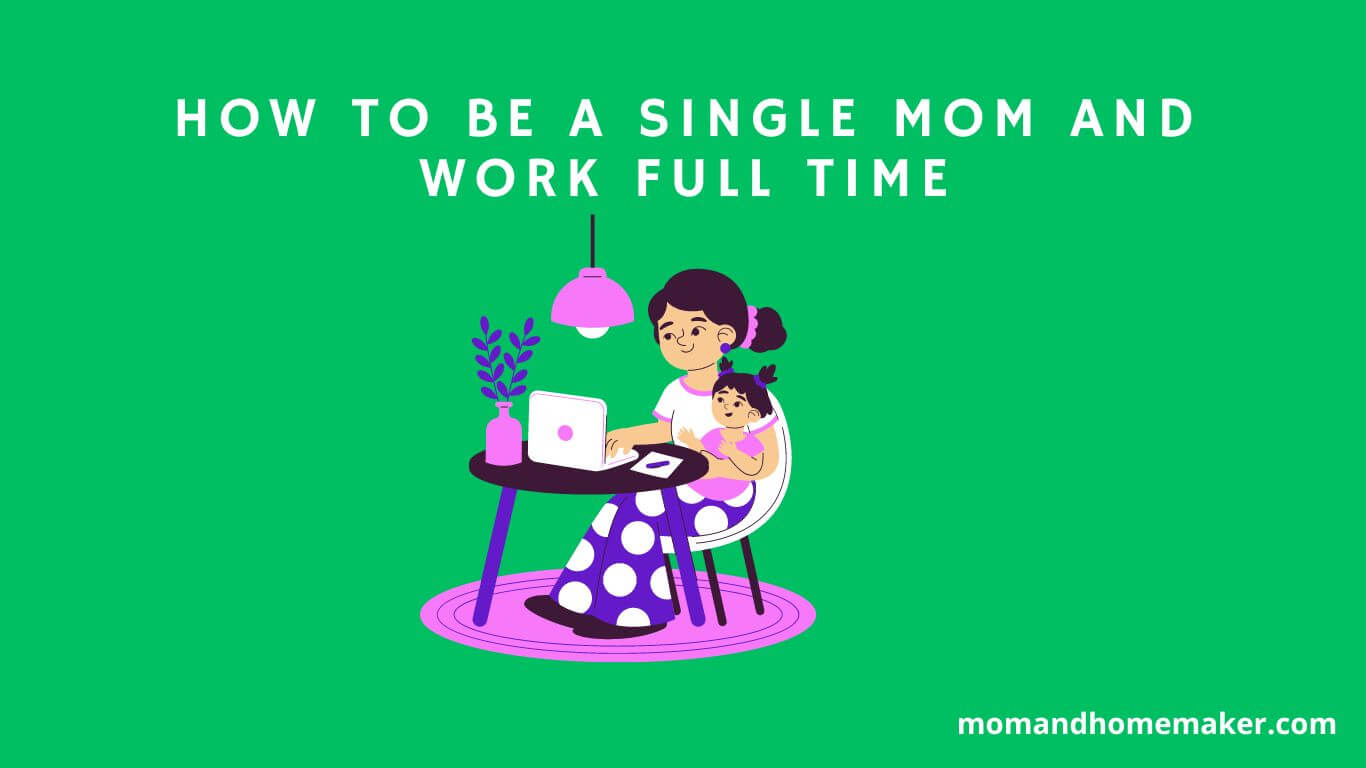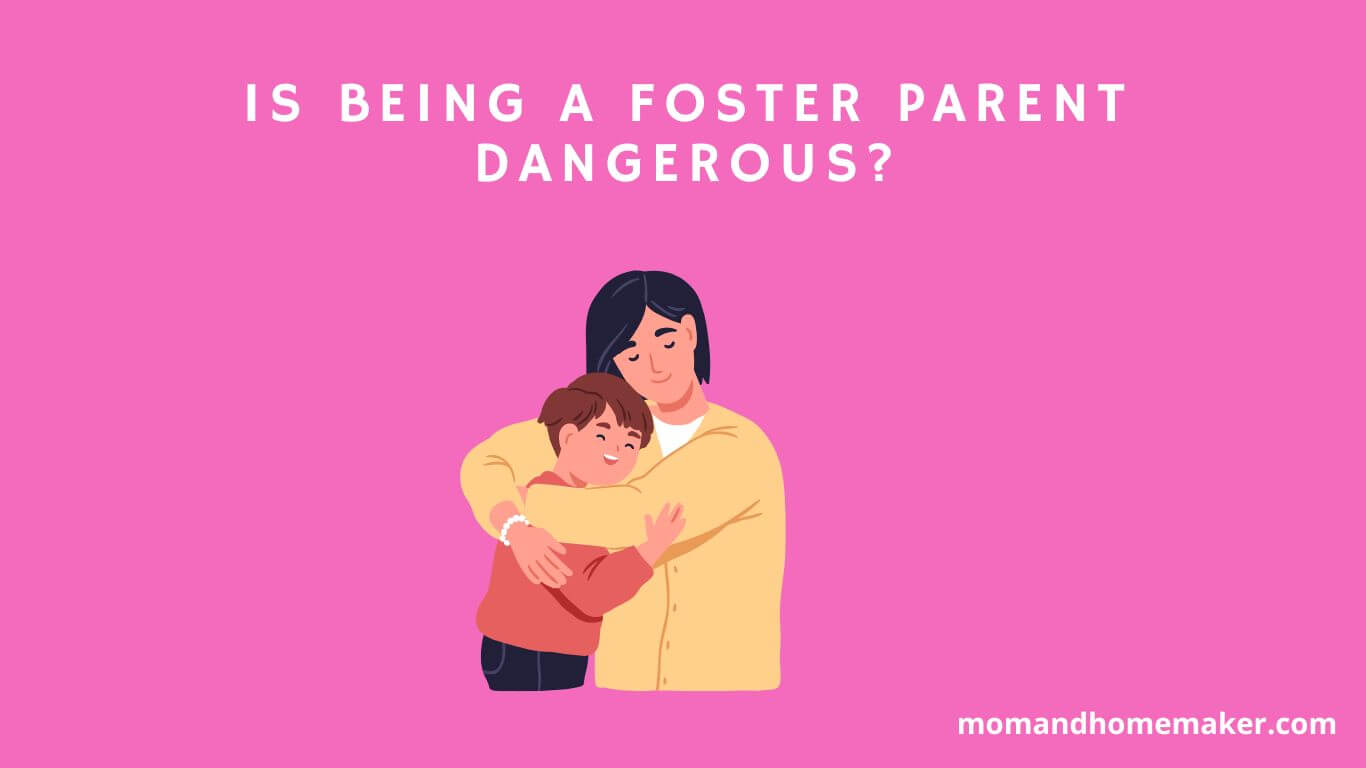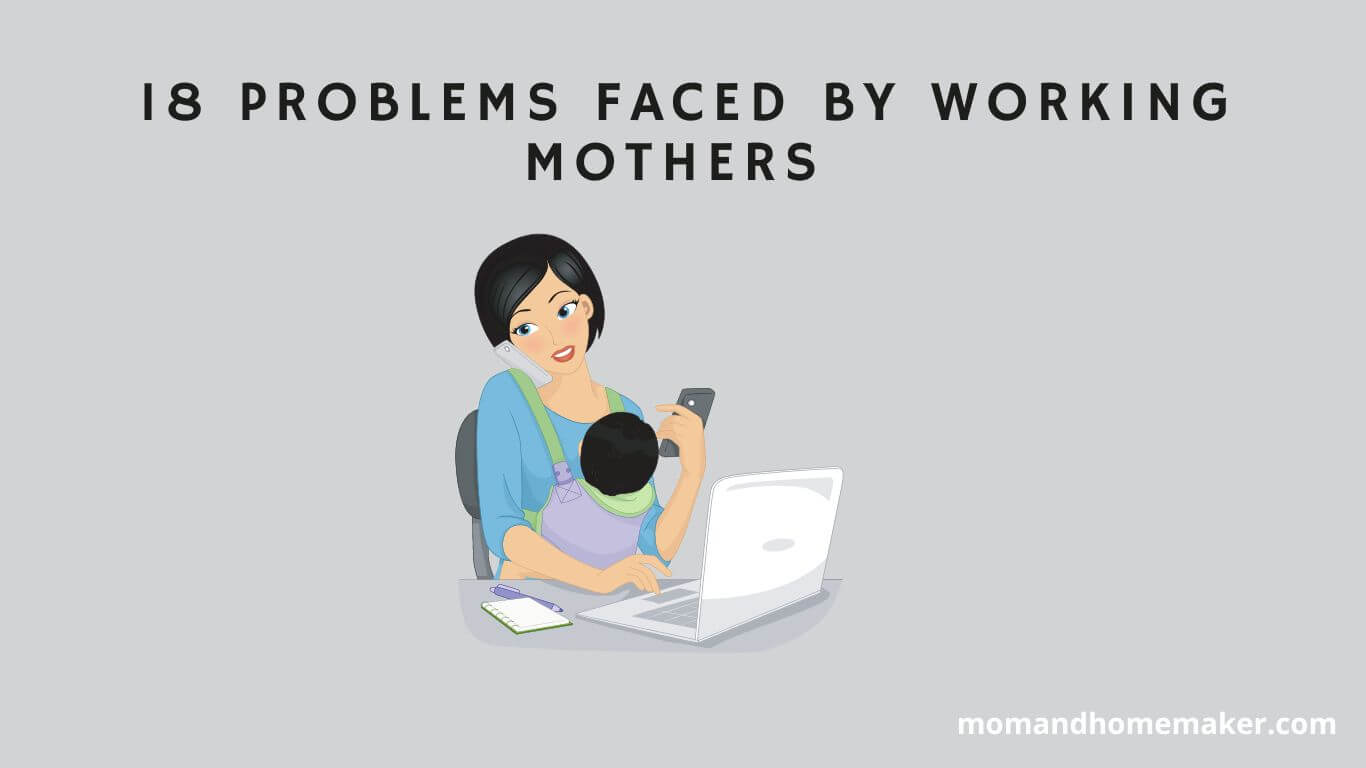You always thought motherhood would be your calling. You dreamed of holding your precious baby in your arms, watching them grow and learn, and feeling an overwhelming sense of love and fulfillment. But now that you’re a mother, you realize that the reality is far from the idealized version you had in your head. In fact, you secretly hate it.
It’s a taboo topic, one that no one wants to talk about. Society expects mothers to be selfless, loving, and endlessly patient. But the truth is, motherhood can be overwhelming, exhausting, and even depressing. The pressure to be the perfect mother, to balance your responsibilities with grace and ease, can feel impossible.
And the guilt that comes with admitting that you don’t love every moment of motherhood can be crippling. But you’re not alone. In fact, many mothers feel the same way. It’s time to break the silence and start talking about the dark side of motherhood.
Table of Contents
1. The Idealized Version of Motherhood
The image of motherhood that’s often portrayed doesn’t always match up with reality. We’re sold the idea that being a mother is the most fulfilling job in the world, one that comes with endless joy and happiness.
But the truth is, motherhood is far from perfect. It’s messy, exhausting, and sometimes downright frustrating.
The unrealistic ideal of motherhood can put an immense amount of pressure on women. We’re expected to be the perfect mother, wife, and homemaker, all while juggling a career and maintaining our own identities.
We’re told that we should enjoy every moment of motherhood, even when we’re sleep-deprived, covered in spit-up, and haven’t had a moment to ourselves in days. The pressure to conform to this ideal can be overwhelming, and it can leave us feeling like failures when we fall short.
The cost of perfectionism in motherhood is high. It can lead to feelings of guilt, shame, and inadequacy. It can cause us to prioritize our children’s needs above our own, neglecting our own self-care in the process. And it can make us feel like we’re not doing enough, even when we’re doing everything we can.
It’s time to let go of the unrealistic ideal of motherhood and embrace the messy, imperfect reality. Because in the end, it’s the love we give our children that matters most.
2. The Taboo Topic of Negative Feelings Towards Motherhood
It’s not uncommon for mothers to feel overwhelmed and struggle with their emotions, with studies showing that up to 20% of new moms experience postpartum depression. Yet, there is a taboo topic that many moms feel ashamed to admit: they secretly hate motherhood.
It’s a complex feeling that can stem from a variety of factors such as feeling trapped, the loss of personal identity, and the constant demands of being a caregiver. Exploring these complexities can help moms understand and cope with their negative emotions towards motherhood.
Seeking validation and support from other moms who have experienced similar feelings can be helpful in realizing that it’s okay to not love every aspect of being a mom.
It’s important to remember that expressing negative feelings doesn’t make a mother a bad parent, but rather a human being who is struggling with the challenges of motherhood. Overcoming shame is a crucial step in addressing these negative feelings.
Society often puts pressure on mothers to be perfect, and admitting to hating motherhood can feel like a failure. However, recognizing and accepting these feelings can lead to a more positive and honest relationship with motherhood.
By acknowledging and addressing the dark side of motherhood, moms can create a healthier and more fulfilling experience for themselves and their families.
3. Societal Pressures and Expectations on Mothers
Mothers often feel immense pressure to conform to societal expectations and meet unrealistic standards. From the moment you announce your pregnancy, you’re bombarded with messages about what a perfect mother should be like.
You’re expected to enjoy every moment of motherhood, sacrifice your own needs for your child, and raise a well-behaved, successful child. But the reality is that motherhood can be overwhelming, exhausting, and frustrating.
Maternal burnout is a real phenomenon that affects many mothers. It’s the feeling of being emotionally and physically drained from the constant demands of motherhood. You may feel like you’re always ‘on’ and can never relax or take a break.
Parenting guilt is another common experience for mothers. You may feel guilty for not doing enough for your child, for not being present enough, or for not enjoying motherhood as much as you think you should. These feelings can be overwhelming and lead to a sense of failure as a mother.
Expectations vs. reality can be a harsh wake-up call for many new mothers. You may have had a picture in your head of what motherhood would be like, but the reality may not match up. You may struggle with breastfeeding, your child may not sleep through the night, and you may feel like you’re barely keeping your head above water.
Motherhood is a journey with highs and lows. It’s okay to not enjoy every moment and to struggle with the pressure to be a perfect mother. You’re doing your best, and that’s all that matters. It’s important to take care of yourself and to ask for help when you need it.
Let go of the guilt and the expectations and focus on being the best mother you can be for your child.
4. Balancing Motherhood with Other Responsibilities
You’re juggling more balls than a circus performer, trying to balance motherhood with work, relationships, and personal goals, all while feeling like you’re running on fumes.
It’s a non-stop cycle of diaper changes, meal prep, school drop-offs, and bedtime stories. All the while, you’re expected to keep up with your professional career, maintain healthy relationships with your partner and friends, and find time for self-care.
It’s no wonder moms often feel overwhelmed and guilty for not being able to do it all.
Juggling motherhood and a career is no easy feat. Finding a work-life balance that fulfills both roles can be a challenge. It’s important to set realistic expectations for yourself and communicate your boundaries with your employer.
Take advantage of any flexible work arrangements, like working from home or a flexible schedule, to help ease the burden. And don’t forget about self-care for moms – it’s vital to take time for yourself and recharge your batteries, whether it’s through exercise, meditation, or just taking a break.
Boundaries with family and friends can also be a struggle. It’s common for loved ones to assume that as a mom, you’re always available to help or host gatherings. But it’s important to communicate your needs and set boundaries to avoid burnout.
Don’t be afraid to ask for help or delegate tasks to others. Taking care of yourself is necessary for your own well-being and the well-being of your family.
5. The Myth of the Perfect Mother
The pressure to be the perfect mother who cooks, cleans, teaches, and nurtures her children can be overwhelming. It’s no wonder mothers are feeling burnt out and struggling with their mental health. The toll on mental health is one of the most significant consequences of the myth of the perfect mother.
Mothers who believe they need to be perfect are more prone to anxiety, depression, and feelings of failure. The constant comparison to other mothers and the pressure to keep up with the latest trends and parenting techniques can be exhausting. This burden can lead to mothers feeling like they’re not doing enough, even when they’re doing their best.
It’s time to let go of the idea of being a perfect mother and embrace imperfection. The unrealistic standards and pressure to be perfect have created a culture of guilt and shame for mothers. It’s time to break free from this cycle and realize that being a good enough mother is more than enough.
You’re allowed to make mistakes, take breaks, and ask for help. The truth is, your children don’t need a perfect mother; they need a happy and healthy one.
Let go of the idea of being perfect and embrace the messy, imperfect, and beautiful journey of motherhood.
6. The Guilt and Shame of Negative Feelings Towards Motherhood
It’s okay to feel overwhelmed and unsure about your role as a mother, even if you don’t want to admit it. Navigating negative emotions is not easy, especially when you’re expected to embody the epitome of selflessness.
Society often portrays motherhood as a blissful experience, but the reality is that it can be a challenging and thankless job. The guilt and shame that comes with negative feelings towards motherhood can be overwhelming, but it’s important to remember that you are not alone.
Finding support is crucial when dealing with the dark side of motherhood. Whether it’s talking to a friend, seeking therapy, or joining a support group, having someone who understands what you’re going through can make a world of difference. Challenging societal norms is also important.
There is no such thing as a perfect mother, and it’s time we start being honest about the difficulties that come with motherhood. It’s okay to ask for help and it’s okay to admit that you’re struggling.
You are not defined by your negative emotions towards motherhood. It’s important to take care of yourself, both physically and mentally, in order to be the best mother you can be. Don’t let society’s expectations or your own guilt hold you back from seeking help and finding support.
Being a mother is hard work, but it’s okay to not love every moment of it. What’s important is that you’re honest with yourself and those around you about your feelings.
7. Postpartum Depression and Anxiety
Dealing with postpartum depression and anxiety can be a difficult and isolating experience, but seeking help and support can provide a light at the end of the tunnel. Coping mechanisms, such as exercise, meditation, and therapy, can be incredibly helpful in managing the overwhelming emotions that often come with motherhood.
It’s important to know that you’re not alone in this experience, and there are many resources available to help you navigate this challenging time. Treatment options, such as medication and talk therapy, can also be effective in managing postpartum depression and anxiety.
It’s important to talk to your healthcare provider about your symptoms and explore all of the options available to you. Self-reflection can also be helpful in understanding the root of your feelings and identifying any negative thought patterns that may be contributing to your depression or anxiety.
Be kind to yourself and give yourself time to heal. It’s okay to ask for help and to take time for self-care. Dealing with postpartum depression and anxiety is not easy, but with the right support and resources, you can overcome it and find joy in motherhood again.
8. The Importance of Mental Health Support for Mothers
If you’re a new mom struggling with postpartum depression and anxiety, it can be difficult to admit that you need help. There’s a stigma surrounding mental health, and mothers often feel like they should be able to handle everything on their own.
But the truth is, it takes a village to raise a child, and that includes support for the mother’s mental health.
It’s important to have accessible mental health support for mothers. This means having resources available that are easy to access, affordable, and tailored to the needs of new mothers. Unfortunately, many mothers face discrimination when seeking help for their mental health.
They may be dismissed as being overly emotional or simply told to ‘suck it up.’ This can make it even harder to seek help, leading to a cycle of worsening mental health.
Navigating cultural and societal barriers to mental health care can be another challenge for new moms. Some cultures view mental health issues as a weakness or a personal failing, making it difficult for mothers to seek help without feeling ashamed or guilty.
The society also puts pressure on mothers to be perfect, leading to feelings of inadequacy and guilt when they struggle with mental health.
Supporting mothers’ mental health is essential for the well-being of both the mother and the child. By breaking down stigma and discrimination and making mental health resources more accessible, we can create a society that truly values and supports mothers. Let’s work together to ensure that every mother has the support she needs to thrive.
- You deserve support and care, no matter what anyone else may say.
- Mental health is just as important as physical health, and there’s no shame in seeking help.
- Stigma and discrimination surrounding mental health can be challenging to navigate, but there are resources available to help you.
- By advocating for accessible mental health support and breaking down cultural and societal barriers, we can create a world where every mother can get the care she needs.
9. Seeking Help and Resources
Finding support and resources for mental health as a new mother can be challenging, but there are accessible options available to help. Online counseling, support groups, and therapy are all available at the click of a button.
You don’t have to leave your home to access the help you need. These resources are often more affordable than traditional in-person counseling and provide the convenience of scheduling appointments around your busy mom’s schedule.
Self-help books, meditation, and mindfulness practices can also be helpful in improving mental health. These resources can be accessed anytime, anywhere, and are often inexpensive or free. Taking time for self-care is crucial for new mothers who may neglect their own needs while taking care of their children. Incorporating these practices into your daily routine can help reduce stress and anxiety, improve sleep, and promote a sense of calm.
Reaching out and talking openly about your struggles can also be a powerful tool in improving mental health. Don’t be afraid to confide in trusted friends or family members, or seek out a support group for other new moms. By taking care of your own mental health, you will be better equipped to care for your children and family.
10. The Stigma Surrounding Negative Feelings Towards Motherhood
You’ve reached out for help and resources to cope with the negative feelings you have towards motherhood. But why is it so hard to talk about these feelings in the first place?
Why do we feel like we need to keep up a facade of perfect motherhood? The stigma surrounding negative feelings towards motherhood is a real issue that needs to be addressed.
Challenging stereotypes is the first step towards breaking down this stigma. The idea that mothers should always feel fulfilled and happy is unrealistic and harmful. It’s okay to have negative feelings towards motherhood, and it doesn’t make you a bad mother.
Coping strategies can help you manage these feelings, but it’s important to remember that seeking help is not a sign of weakness. Changing the narrative around motherhood is crucial in normalizing negative feelings.
We need to move away from the idea of the ‘perfect mother’ and embrace the reality that motherhood is challenging and messy. By sharing our experiences and supporting each other, we can create a more inclusive and understanding community of mothers.
It’s okay to not love every aspect of motherhood, and it’s important to prioritize your own mental health and well-being.
11. The Impact on Relationships and Family Dynamics
As mothers, we often overlook the impact our negative feelings towards motherhood can have on our relationships and family dynamics. It’s easy to get caught up in the day-to-day responsibilities of being a mom and forget that our emotions can have a ripple effect on those around us. One of the most common areas where our negative feelings can impact our relationships is our friendships.
Having kids can change everything, including friendships that were once strong and supportive. It’s not uncommon for moms to feel isolated and alone, especially if they are struggling with negative emotions towards motherhood.
This can lead to a lack of communication and connection with friends, further exacerbating the negative feelings. But there are coping mechanisms that can help. Taking time for self-care, reaching out to other moms who may be feeling the same way, and being honest with friends about what you’re going through can all help to strengthen friendships and improve overall well-being.
Incorporating these coping mechanisms and prioritizing communication can help to alleviate the impact of negative feelings towards motherhood on relationships and family dynamics.
It’s not always easy, but by taking the time to address these emotions and work through them, you can create a more positive and supportive environment for yourself and those around you.
12. The Importance of Self-Care for Mothers
You’ll love learning about the importance of self-care for moms in this section! As a mother, it’s easy to get caught up in taking care of your family and forget about taking care of yourself. However, self-care is essential for your overall well-being.
It’s not selfish to take care of yourself; in fact, it’s necessary to be the best version of yourself for your family. Self-care tips can vary from person to person, but some general ideas include taking a relaxing bath, going for a walk, reading a book, or even just taking a few moments to meditate.
Creating boundaries for yourself is also crucial, whether that means saying no to commitments or delegating some responsibilities to others. By doing so, you can prioritize your own needs and make time for self-care.
Managing stress is another essential aspect of self-care for mothers. Finding healthy ways to cope with stress, such as exercise or talking to a trusted friend, can have a significant impact on your mental and emotional health.
Taking care of yourself is not only beneficial for you, but it also sets an example for your children to prioritize their own self-care in the future. Go ahead and take some time for yourself – you deserve it.
13. Overcoming Societal Expectations and Embracing Authenticity
Are you tired of feeling like you have to meet societal expectations as a mother? It’s time to embrace your authenticity and let go of the pressure to conform.
Instead of trying to fit into a mold that doesn’t feel like it was made for you, take some time for self-discovery and personal growth. When you know who you are and what you want, it becomes easier to navigate the expectations of others.
Overcoming societal expectations means challenging norms and empowering yourself to make your own choices. You don’t have to do things the way they’ve always been done. You can forge your own path and create a life that feels fulfilling for you and your family.
Pursue your passions and cultivate happiness in your life. When you’re happy and fulfilled, you’re better able to serve those around you.
Embracing authenticity and finding fulfillment go hand in hand. When you’re true to yourself and living a life that aligns with your values, you’ll feel fulfilled in a way that’s hard to describe.
It’s not always easy to break free from the expectations of others, but it’s worth it. You’ll be a better mother, spouse, and friend when you’re living a life that’s true to you. Your happiness and the happiness of those around you depend on it.
14. Finding Joy and Fulfillment in Motherhood Despite the Challenges
It’s important to remember that you’re not alone in struggling to find the silver lining in motherhood. There are many coping strategies and self-discovery techniques you can use to help you overcome the challenges and find fulfillment in your role as a mother.
Here are some tips for finding fulfillment in motherhood:
- Remember to take care of yourself. It’s easy to put your own needs on the backburner when you’re busy taking care of your family, but it’s important to prioritize self-care. This can include taking time for yourself each day, practicing mindfulness, or doing something you enjoy.
- Embrace imperfection. Motherhood is messy and imperfect, and that’s okay. Try not to compare yourself to others or hold yourself to impossible standards. Focus on the things you’re doing well and celebrate your successes.
- Connect with other moms. Surrounding yourself with a supportive community of other mothers can be incredibly helpful. You can share your experiences, offer each other advice, and provide emotional support.
- Find joy in the small moments. Motherhood is full of challenging moments, but it’s also full of moments of joy and wonder. Take time to appreciate the small moments, like snuggling with your child or watching them learn something new.
By using these coping strategies and focusing on self-discovery, you can find fulfillment in motherhood despite the challenges. Remember, it’s okay to struggle, and it’s okay to ask for help. With a little patience and self-care, you can create a life that feels authentic and fulfilling for both you and your family.
15. Breaking the Silence and Creating a Supportive Community for Mothers
As a mother, you may feel like you’re constantly juggling responsibilities and struggling to keep up with the demands of your family. But you’re not alone. Many mothers share the same struggles as you do, and creating a community where you can share your stories and experiences can help you feel more supported and less isolated.
Creating a community of supportive moms starts with sharing your own story. When you open up about your struggles and challenges, you create a space where other moms feel comfortable doing the same. It’s important to remember that there’s no shame in admitting that motherhood is hard and that you need support.
By sharing your story, you’re not only helping yourself but also creating a support system for other moms who may be going through similar experiences. Having a support system is crucial to overcoming the challenges of motherhood.
It’s important to surround yourself with people who understand and empathize with your struggles. Your support system can be made up of family members, friends, or other moms in your community. Whatever form it takes, having a group of people who are there for you can make all the difference.
Don’t be afraid to reach out and create the community of supportive moms that you need and deserve.
Conclusion
The dark side of motherhood is a reality that many women experience but are too afraid to talk about. The pressure to be the perfect mom can be overwhelming and lead to feelings of resentment and guilt. It’s important for mothers to know that these feelings are normal and that seeking help is not a sign of weakness.
We need to have more honest conversations about the challenges of motherhood and provide support for those who are struggling. Let’s create a culture where moms can feel comfortable sharing their struggles without fear of judgment or shame. Together we can work towards a brighter, more accepting future for all mothers.

